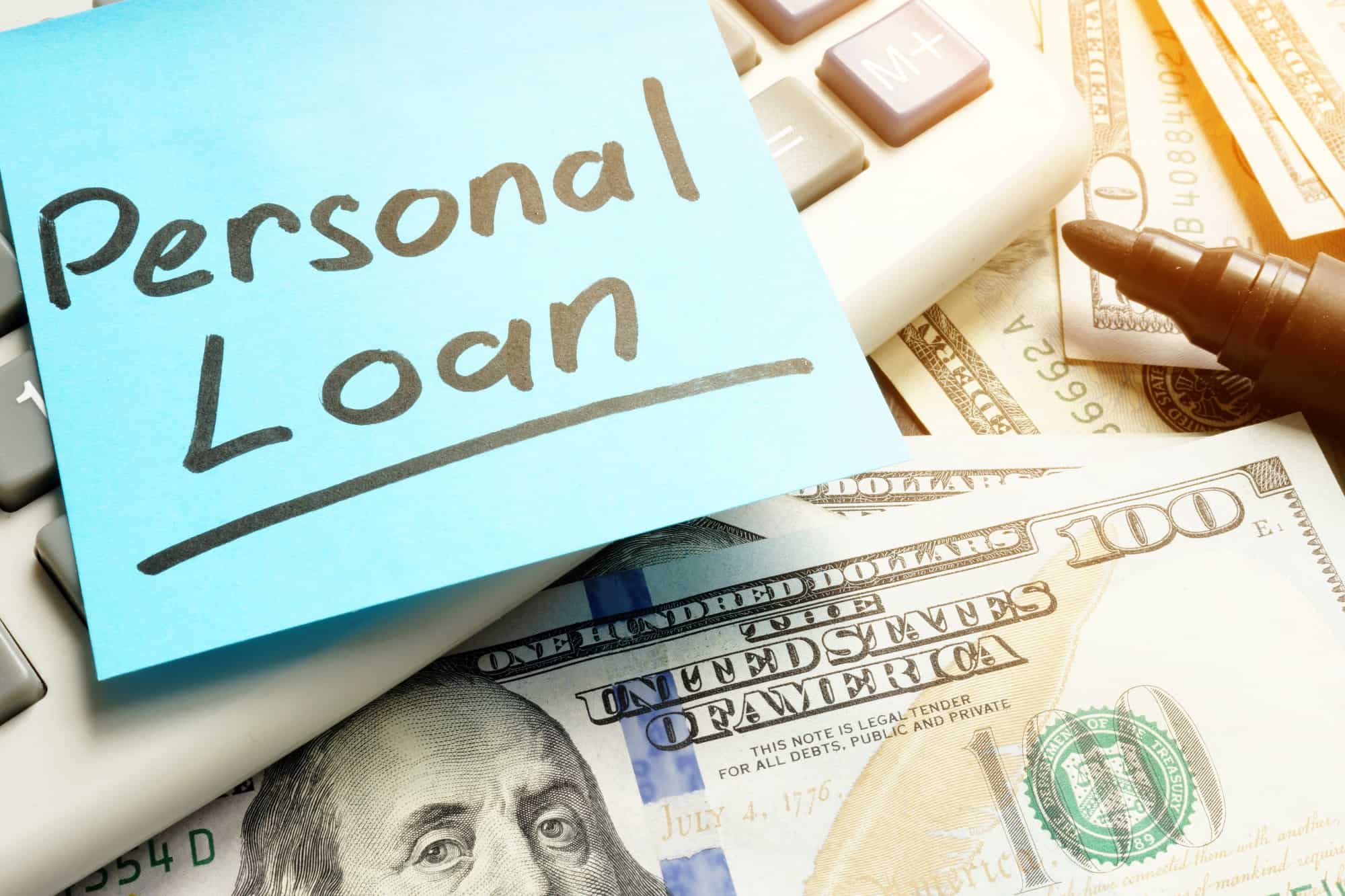If you want to purchase a car but don’t have the cash to pay upfront, you may be able to use a personal loan to cover the costs. Though there are benefits and drawbacks to consider, personal loans offer affordable, flexible financing for many consumers.
Benefits
There are a few notable advantages to using a personal loan for your next car purchase.
- Fewer upfront costs: Personal loans don’t always require you to pay money upfront, unlike car loans which often require a down payment. Therefore, personal loans may be preferable for those that don’t have a lump sum but can afford the monthly payments.
- Speed of approval: Personal loans typically have an easy application process and, once approved, you could receive funds within a matter of days. Approval depends on your credit, income, and whether you have collateral to secure your loan.
- Flexibility: Unlike an auto loan, you can use a personal loan for various purposes. If there is money left on the loan after buying your car, you can use it for other expenses. Personal loans allow you to purchase new and used vehicles, while some auto lenders only approve loans for new cars or come with additional restrictions.
Considerations
Before settling on a personal loan over other types of financing, there are several considerations.
Loan type
Personal loans fall under two main categories: unsecured and secured. A secured loan requires collateral, while an unsecured loan does not. Secured loans typically have lower interest rates, but the creditor can take your car away if you miss payments. Unsecured loans generally carry higher interest rates, but the lender can’t repossess your vehicle if you default on the loan. Keep in mind that unsecured loans for large amounts may be reserved for those with very strong credit. Those with challenged credit may need to focus on secured personal loans and auto purchase loans to finance a larger purchase. And for secured and auto loans, the value of the vehicle may limit how much you can borrow.
Loan term
It’s crucial to review the details of your loan, including how much time you have to pay it back. The terms on personal loans are generally between 24 and 60 months. The main benefit of long-term loans is lower monthly payments; however, they tend to have higher interest rates than shorter loans. You might pay less over time with a short-term loan, but they only make sense if you can afford the higher monthly bill.
Variable or fixed interest rate
When comparing personal loans, you want to determine whether there is a fixed or variable interest rate. A loan with a fixed interest rate offers stable monthly payments, while a variable loan is unpredictable and could increase your bill if interest rates are rising. You also want to look for prepayment penalties or other fees that add to your overall cost.
Risks
There are a few risks to consider with personal loans. If you take out a secured loan to buy a car and then fall on hard times, you could lose the vehicle after missing a few payments. However, if your loan is unsecured (no collateral), the bank can’t take your car away if you default on the loan. Additionally, personal loans might have shorter repayment periods than other financing options, resulting in higher monthly payments.
The bottom line
Using a personal loan to purchase a car depends on your credit, type of vehicle, and what you can afford to pay upfront. At the end of the day, personal loans are an affordable option for those that lack access to conventional auto loans. They also offer flexibility for those that don’t have the money for a down payment but can easily afford monthly loan payments.
Notice: Information provided in this article is for information purposes only and does not necessarily reflect the views of [publisher] or its employees. Please be sure to consult your financial advisor about your financial circumstances and options. This site may receive compensation from advertisers for links to third-party websites.

